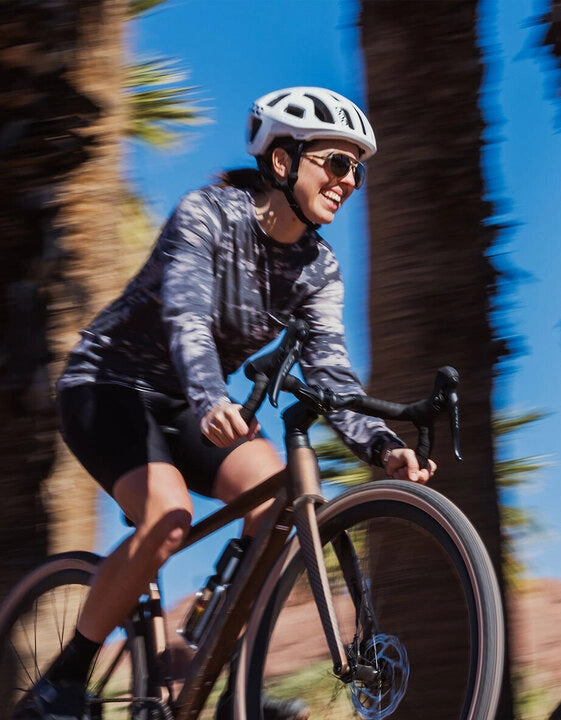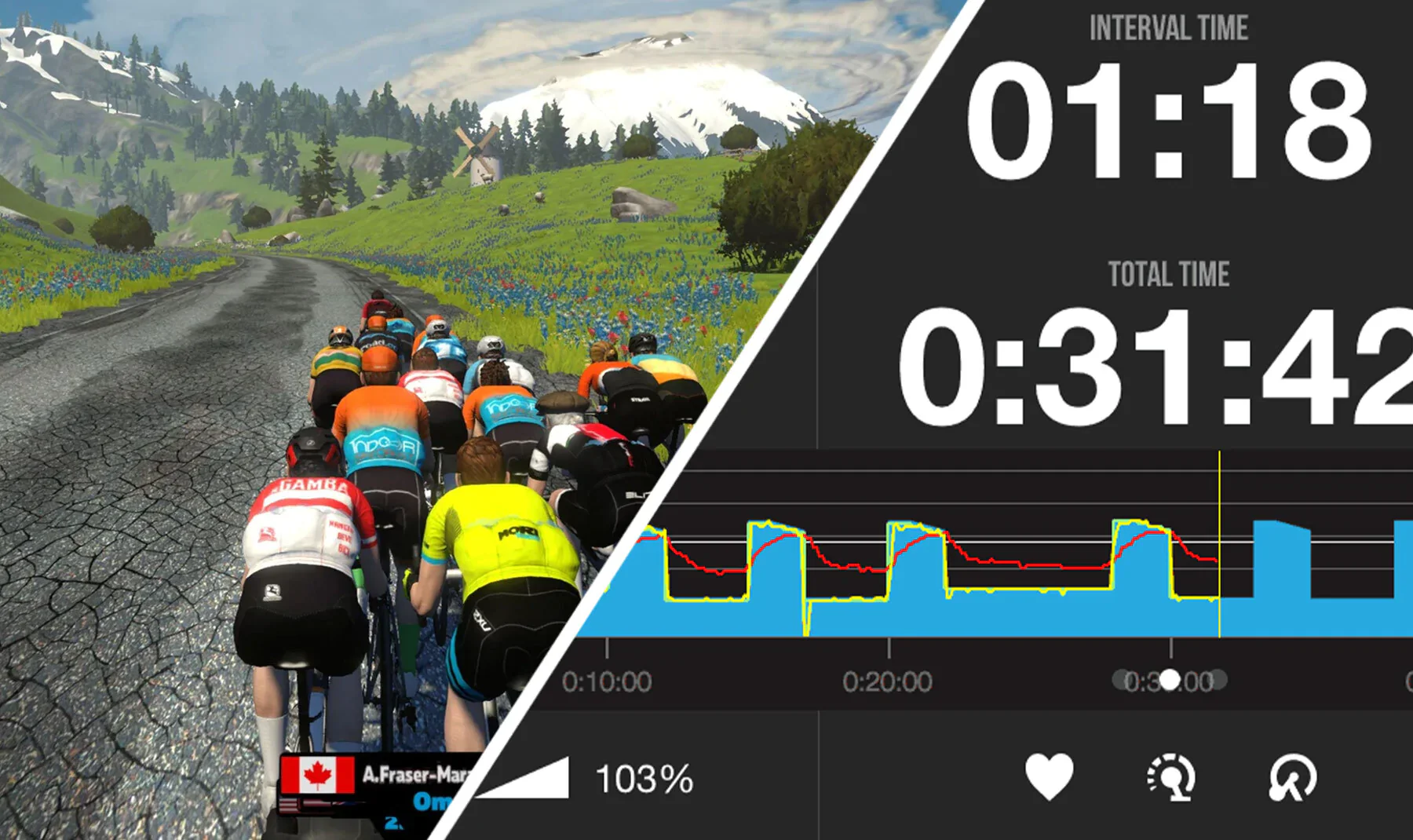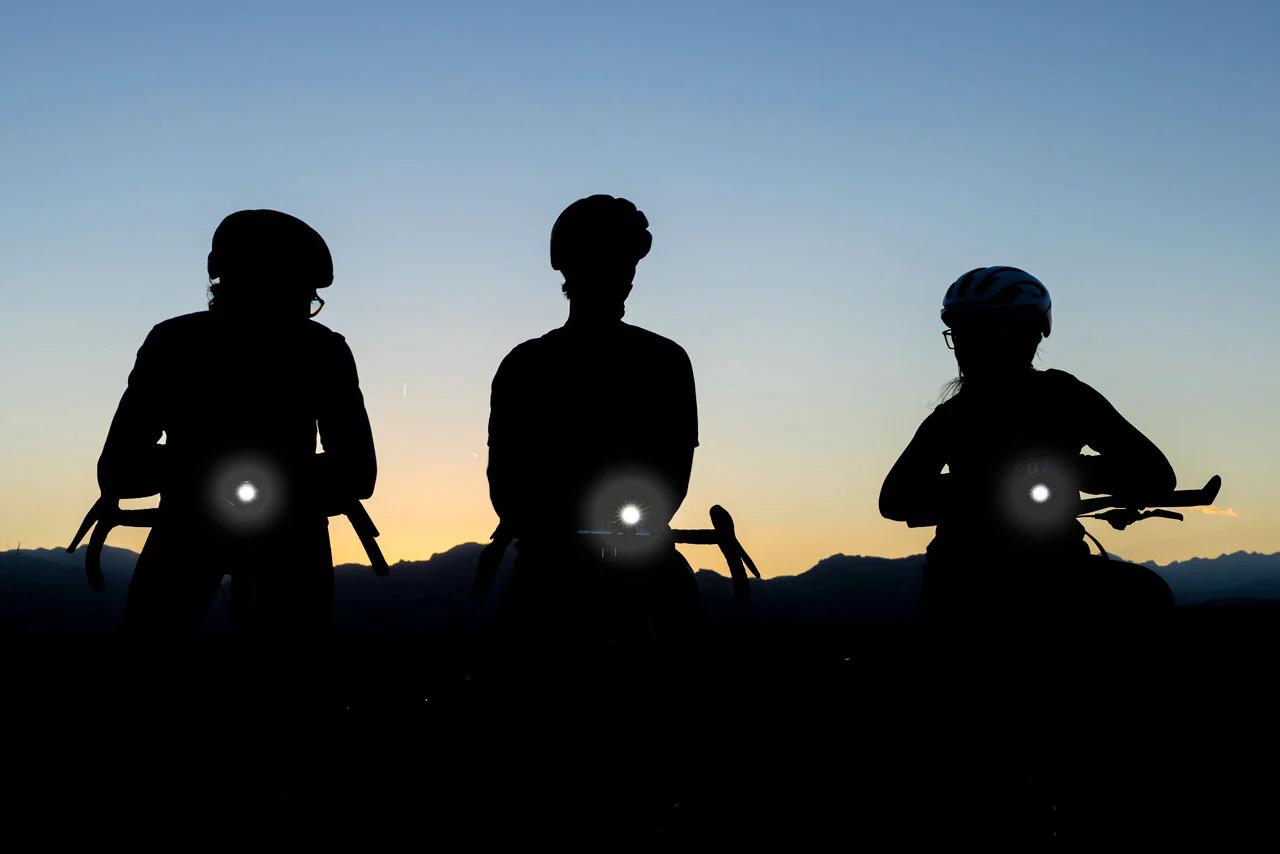 Maybe you’ve decided to clip in after weighing the pros and cons of flats vs. clipless. Or perhaps you’re a clipless veteran setting up a new gravel or mountain bike. There are plenty of clipless pedal options out there, but the two top MTB contenders are Crankbrothers and Shimano. Each has advantages, disadvantages, and quirks. Here’s what you need to know.
Maybe you’ve decided to clip in after weighing the pros and cons of flats vs. clipless. Or perhaps you’re a clipless veteran setting up a new gravel or mountain bike. There are plenty of clipless pedal options out there, but the two top MTB contenders are Crankbrothers and Shimano. Each has advantages, disadvantages, and quirks. Here’s what you need to know.
Crankbrothers clipless pedal guide
Crankbrothers clipless pedals are based around the Eggbeater retention system. As the name suggests, the binding looks like an eggbeater and uses a set of metal “wings” to engage the cleat.
Crankbrothers pros
- Easy to unclip
- Easy to rebuild
- Great at clearing mud and snow
- More color choices
- Ultra-lightweight options
Crankbrothers cons
- Vague clip-in feel and sound
- Less durable cleats
- Wings can wear into carbon shoe soles without a spacer or shield
Three key models: Eggbeater, Candy, and Mallet.
 Pictured: Eggbeater 11, Candy 7, Mallet E
Pictured: Eggbeater 11, Candy 7, Mallet E
Model names are followed by a number. Higher numbers equate to higher-end pedals which are lighter with higher quality materials and bearings; 3 series and above use Enduro MAX bearings instead of standard cartridge bearings and stainless steel wings instead of stamped steel. Titanium spindles and wings maximize weight savings on 11 series pedals.
The Eggbeater pedal is one of the lightest clipless pedals available. They are popular for gravel and cross-country.
|
Eggbeater pedals |
Price |
Weight (pair) |
|
Eggbeater 11 |
$449.99 |
179g |
|
Eggbeater 3 |
$139.99 |
280g |
|
Eggbeater 2 |
$99.99 |
285g |
|
Eggbeater 1 |
$59.99 |
290g |
The Candy pedal adds a small platform. The entry-level Candy 1 uses a plastic platform, while all others use alloy platforms. They are popular for gravel, cross-country, and trail riding.
|
Candy pedals |
Price |
Weight (pair) |
|
Candy 11 |
$449.99 |
249g |
|
Candy 7 |
$179.99 |
320g |
|
Candy 3 |
$139.99 |
340g |
|
Candy 2 |
$99.99 |
355g |
|
Candy 1 |
$59.99 |
294g |
The Mallet has the largest platform for more support through rough terrain found in downhill and enduro.
|
Mallet pedals |
Price |
Weight (pair) |
|
Mallet E 11 |
$350.00 |
385g |
|
Mallet E / E LS |
$169.99 |
419g / 424g |
|
Mallet DH 11 |
$350.00 |
445g |
|
Mallet DH |
$179.99 |
479g |
|
Mallet 3 |
$139.99 |
499g |
|
Mallet 2 |
$99.99 |
508g |
Shimano clipless pedal guide
Shimano’s SPD system was the first clipless pedal system designed for off-road riding (SPD stands for Shimano Pedaling Dynamics). It is a ubiquitous clipless standard used by many other manufacturers.
Shimano SPD pros
- Proven reliability
- Adjustable spring tension
- Positive click when clipping in and out
- Durable cleats
- Slightly more affordable than equivalent Crank Brother pedals
Shimano SPD cons
- Can get clogged with mud and snow
- Only come in black and silver
- Heavier than equivalent Crankbrothers pedals
Three key models: Standard SPD, Trail, Gravity
 Pictured: XTR Standard, Deore XT Trail, Saint Gravity
Pictured: XTR Standard, Deore XT Trail, Saint Gravity
Higher model numbers equate to higher-end pedals which use lighter materials and have more machining to decrease weight.
Standard SPD pedals are the lightest option. They are popular for gravel, cross-country, and trail riding.
|
SPD pedals |
Price |
Weight |
|
Deore PD-M520 |
$50.00 |
380g |
|
PD-M540 |
$85.00 |
352g |
|
Deore XT PD-M8100 |
$125.00 |
342g |
|
XTR PD-M9100 |
$180.00 |
314g |
SPD Trail pedals add a small platform. They are popular for trail and enduro riding.
|
SPD Trail pedals |
Price |
Weight |
|
PD-ME700 |
$65.00 |
540g |
|
Deore PD-M530 |
$68.00 |
455g |
|
Deore XT PD-M8120 |
$130.00 |
438g |
|
XTR PD-M9120 |
$190.00 |
398g |
The Saint pedal has the largest platform for more support in rough downhill terrain.
|
SPD Gravity pedals |
Price |
Weight |
|
Saint PD-M821 / PD-M820 |
$160.00 |
546g |
Crankbrothers vs. Shimano clipping in and out
 Shimano SPD pedals have a positive click that you can hear and feel when clipping in and out. Crankbrothers have a click, but it’s much more muted. Until they’re used to it, new riders may find themselves checking to see if they’re clipped in.
Shimano SPD pedals have a positive click that you can hear and feel when clipping in and out. Crankbrothers have a click, but it’s much more muted. Until they’re used to it, new riders may find themselves checking to see if they’re clipped in.
Newer riders may have an easier time unclipping from Crankbrothers pedals because the spring tension is fairly low. A quick flick of the heel and your foot is released. Shimano caters to newer riders with multi-release cleats that allow you to unclip by pulling up.
Shimano pedals also allow riders to adjust the spring tension on the pedal using a 3mm hex wrench. Reducing tension makes it easier to unclip. Increasing tension helps keep you attached through rough terrain.
Bottom line: It’s easier to tell you’re securely clipped-in with Shimano. It’s easier to unclip from Crankbrothers in emergencies. If you want to fine-tune spring tension, Shimano is the only choice.
Crankbrothers vs. Shimano cleats
 Worn Crankbrothers Standard Release cleats with an additional "shoe shield"
Worn Crankbrothers Standard Release cleats with an additional "shoe shield"
Crankbrothers uses brass cleats that are left/right specific. The Standard Release cleats offer a 15° release angle while Easy Release cleats have a more forgiving 10° release angle. Both are available with 6° or 0° float.
Shimano uses steel cleats. SH51 cleats are standard release with 4° of float while SH56 have 6° float and are multi-release, meaning you can unclip by pulling your foot straight up.
Crankbrothers brass cleats wear out much faster than Shimano steel cleats. When they’re worn out they’ll release too easily. For carbon-soled shoes, it’s also recommended to run a spacer (included with new pedals or cleats) or “Shoe Shield” under Crankbrothers cleats to prevent the Crankbrothers pedal wings from wearing into the sole.
Bottom line: If you don’t want to worry about swapping in new cleats every season, Shimano cleats last longer.
Crankbrothers vs. Shimano reliability
Shimano SPD pedals are low maintenance and rarely require service. If they do, they are easy to rebuild by removing, cleaning, and greasing the axle, and adjusting the bearings if needed.
 Crankbrothers’ reputation for reliability has been improving. If the pedals develop play or spin poorly, they are easy to rebuild using a Pedal Refresh Kit that provides replacement bearings, bushings, seals, and a bearing removal tool.
Crankbrothers’ reputation for reliability has been improving. If the pedals develop play or spin poorly, they are easy to rebuild using a Pedal Refresh Kit that provides replacement bearings, bushings, seals, and a bearing removal tool.
The open design of the Crankbrothers binding is better at shedding mud and snow, while Shimano SPD can clog up in severe conditions.
Bottom line: If you want pedals that will last years without service, choose Shimano. If you ride a lot of mud or don't mind occasionally working on your pedals, consider Crankbrothers.
Final thoughts
The perfect pedal comes down to personal preference. Many riders choose Shimano pedals because of their low maintenance, positive clip-in feel, and adjustability. You really can’t ask for much more in a clipless pedal.
 I chose Crankbrothers Mallet Es for the extra pop of color.
I chose Crankbrothers Mallet Es for the extra pop of color.
I’ve swapped between Crankbrothers and Shimano many times over the last 10 years and recently, I find myself choosing Crankbrothers simply for the color options. The lightweight Eggbeater and Candy pedals also satisfy my inner weight weenie. Once I’m used to the clip-in feel, I don’t think about it. I ride a lot and do need to change the cleats out every season and rebuild the pedals every few years, but that’s not a huge hassle.
You can’t go wrong with any of the midrange models (e.g., Eggbeater 3, Candy 3, Mallet 3 or E, Deore XT), but if I’m honest, beyond weight, I doubt the average rider will be able to tell the difference between entry-level and top-of-the-line pedals. Choose the pedals that look the best within your budget.
Do you prefer Crankbrothers or Shimano MTB pedals? Or is there a third option you think is even better? Let me know in the comments!


























